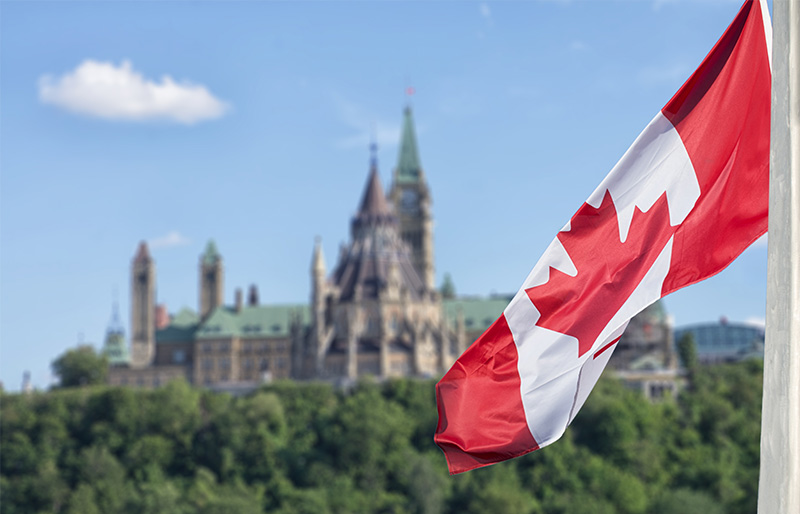
The federal government acquires its data on GBV from two main sources. At the national level, administrative data from the police, coroners, health services, shelters, and social services are used to track GBV. The second source is from surveys or self-reported data on GBV. The data presented below reflect an incomplete national picture of sexual assault, intimate partner violence, intimate partner homicide, unwanted sexual behaviours, human trafficking, and online child sexual exploitation. The data is taken directly from the National Action Plan to end Gender-Based Violence under the section titled Specific forms of GBV.
GBV disproportionately affects women and girls. Specific marginalized populations are at risk of GBV or underserved when they experience these forms of violence include Indigenous women and girls; Black and racialized women; immigrant and refugee women; Two-Spirit, lesbian, gay, bisexual, transgender, queer, intersex and additional sexually and gender diverse (2SLGBTQI+) people; people with disabilities, and women living in Northern, rural, and remote communities.

From: Government of Canada GBV Overview Infographic

From: Government of Canada Sexual Violence Infographic
In 2014 Canada adopted the House of Commons Policy on Preventing and Addressing Harassment, which applies to all MPs, House Officers, employers, and staff. This policy aims to be proactive in preventing workplace harassment and will address and resolve reported harassment while providing support to victims.
Then in 2015, it adopted an MP-to-MP Code of Conduct on Sexual Harassment in response to public allegations of sexual misconduct among MPs. The Code of Conduct’s purpose is to create an environment free of sexual harassment, while encouraging reporting, establishing a resolution process and ensuring confidentiality throughout the resolution process.
In 2018, the Canadian Parliament passed Bill C-65, in response to the #MeToo movement. Bill C-65 works to bring protections for victims of sexual harassment to all federally employed workers.
These policies and procedures offer limited results in preventing sexual misconduct and holding perpetrators accountable, due to parliamentary privilege; which establishes fundamental rights and immunities that grant members of specific legislatures protection against civil or criminal liability for actions/statements while performing their legislative duties.
Some of the parliamentary privileges are embedded in Section 18 of Canada’s Constitution Act of 1867 and Section 4 of the [Parliament of Canada Act](https://laws-lois.justice.gc.ca/eng/acts/p-1/FullText.html#:~:text=(4) For greater certainty%2C,Ethics Officer or the committee.), of 1985. Parliamentary privilege effectively allows parliament the right to regulate internal affairs and discipline members as they/it sees fit.

From: Maclean’s
The internal investigative nature of parliamentary privilege limits external oversight on matters of sexual misconduct. The MP Code of Conduct does include reporting procedures that provide informal resolutions, mediation or if needed a third-party investigation. However, the reporting procedure requires the staffer who has been sexually harassed to report to their immediate manager.
Reporting to their immediate manager is classified as an informal complaint, and it ignores internal power dynamics and does not protect them from retaliation or ensure confidentiality.
Furthermore, if a solution is not found when initially reported, the complainant then must file a formal complaint to their party whip or Chief Human Resources Office (CHRO). A party whip is an enforcer tasked with ensuring party discipline, the MP Code of Conduct permits party whips to impose discipline. The Code of Conduct, provides no guidelines on disciplinary action. This allows party whips the final say over discipline. This again ignores power dynamics, as the Code allows the party whip to also punish a complainant if they deem the allegation to be in bad faith.
Although the Canadian government has implemented numerous policies to prevent and protect against internal sexual misconduct formal and informal gender rules/norms permeate the existing institutional framework. Since the politicians and staff are able to self-police sexual misconduct, and the institutions of government are largely headed by men, it will reinforce disadvantages for women at the expense of patriarchy.

From: Canada’s Chartered Professional Accountants